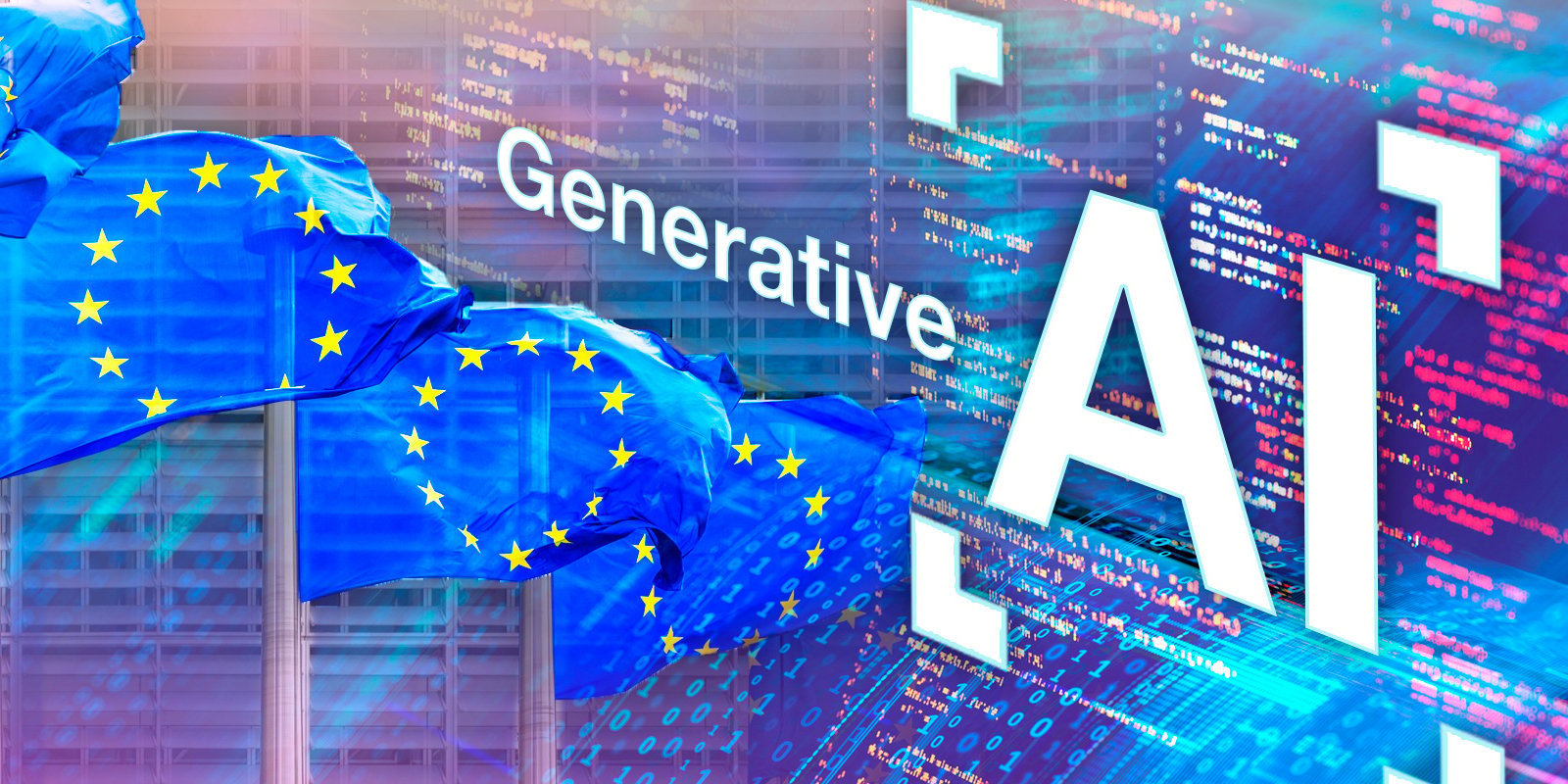
European Parliament's New Study on Generative AI and Copyright Calls for Overhaul of Opt-Out Regime
In Short
The Situation: On July 9, 2025, the European Parliament's Committee on Legal Affairs ("JURI") published a study examining how generative artificial intelligence ("AI") interacts with European Union copyright law.
The Result: The study concludes that large-scale AI training far exceeds the scope of the current text-and-data-mining ("TDM") exceptions in Directive (EU) 2019/790 on Copyright in the Digital Single Market ("CDSM Directive"). It finds the existing "opt-out" system—which requires rightsholders to proactively reserve their rights—ill-suited to the realities of AI training and urges lawmakers to revise the framework to emphasize consent, remuneration, and transparency.
Looking Ahead: Although the study does not set out a detailed legislative proposal, it signals growing momentum in the European Parliament to modernize copyright rules for AI. Developers, publishers, and other rightsholders should monitor upcoming debates, participate in stakeholder consultations, and prepare for potential changes in licensing, data governance, and compliance practices.
On July 9, 2025, the European Parliament published a study, commissioned by JURI, on the impact of generative AI on EU copyright law. This study follows the Council of the European Union's revised summary of EU Member States' contributions to a policy questionnaire on the relationship between generative AI and copyright and related rights. (See the Jones Day Commentary here).
Legal Framework: How the TDM Exceptions Operate Today
Under current European copyright rules, authors enjoy broad exclusive rights over the reproduction, distribution, and adaptation of their works. Exceptions, including those for TDM, were introduced under Articles 3 and 4 of Directive (EU) 2019/790 on Copyright in the CDSM, aiming to facilitate research-based data analysis.
Article 3, the scientific research TDM exception, applies only to "research organisations and cultural-heritage institutions" acting for scientific research purposes. Users must have "lawful access" to the works, and rightsholders cannot opt out. The objective is to facilitate non-commercial research collaborations—often with public-interest missions—by eliminating the need for individual permissions.
Article 4, the general purpose TDM exception, is open to any user, including commercial entities. Rightsholders may "expressly reserve their rights in an appropriate manner," for example through machine-readable metadata, contract terms, or technical measures. If they do so, the exception no longer applies. The objective is to encourage data-driven innovation beyond the research sector while preserving the rightsholder's freedom to refuse.
Study's Main Findings
Legal Mismatch Between AI Training and TDM Exceptions: The study concludes that generative AI workflows do not align with the TDM exceptions introduced in Directive (EU) 2019/790. Instead of mere analysis, AI training involves reproducing and internalizing expressive elements from preexisting works and creating new outputs similar to the data it is trained on, not merely extracting knowledge from existing data, to say, identify patterns, insights, or correlations. Accordingly, the study stresses that policymakers should clarify or revise Article 4 of the CDSM Directive to avoid unintended licensing loopholes.
The scope of Article 4 of Directive (EU) 2019/790 will also likely be examined in Like Company v. Google Ireland (C-250/25), the first generative AI copyright dispute referred to the Court of Justice of the European Union. Among other issues, the Budapest Metropolitan Court has asked the EU's top court whether using press articles to train a large language model falls within the TDM exception. The Court's ruling is expected to supply authoritative guidance on the precise boundaries of Article 4 and, more broadly, on how EU copyright law applies to generative AI training practices.
Challenges to the Existing Opt-Out Regime: The current framework under Article 4 of the CDSM Directive prescribes a default of open data access unless rightsholders proactively opt out by technologically tagging or contractually reserving their works. In practice, rightsholders often lack the technical means or awareness to enforce such an opt-out. The study concludes that an opt-in model would more fairly protect authors' rights and rebalance negotiation power, ensuring active consent and potential compensation.
Copyrightability of AI-Generated Outputs: The study reaffirms the EU's human-centric copyright paradigm, which requires a personal intellectual creation and argues that fully AI-generated outputs do not meet this threshold by default and, thus, cannot enjoy full copyright protection. However, the author of the study argues that the AI-assisted creations—where human authors shape the final work—may still qualify as protectable works if they reflect sufficient human creativity, a distinction that requires further legislative guidance and that criteria for protecting AI-assisted works should be codified in EU law.
Calls for Transparency and Equitable Licensing: Recognizing the large-scale ingestion of copyrighted works by AI platforms, the study urges mandatory dataset disclosure, improved traceability measures (such as watermarking or machine-readable metadata), and fair licensing structures—particularly collective licensing models or clear remuneration schemes that allow creators and rightsholders to be compensated proportionately to the value derived from their works.
Governance and Enforcement: The study proposes creating a specialized AI & Copyright Unit within the EU AI Office, operating in coordination with the EU Intellectual Property Office, the European Parliament, the European Commission, and Collective Management Organizations. This unit would support copyright-related audits, compliance verification, and policy alignment—ensuring legal coherence while minimizing administrative costs.
FOUR KEY TAKEAWAYS
- The European Parliament-commissioned study argues that the current TDM exceptions under Articles 3 and 4 of the CDSM Directive were not designed for the scale and nature of generative AI training, and their application to AI is highly contested.
- The study signals the Parliament's willingness to adapt copyright rules to the context of generative AI training, such as moving from opt-out to opt-in; establishing collective licensing models, and the possibility to extend copyright to some AI-assisted creations. This may involve amendments to the CDSM Directive, the creation of new standalone instruments, or the expansion of the AI Act's provisions on transparency and accountability.
- Stakeholders should closely monitor potential developments in copyright regulation related to generative AI training and prepare for possible changes in licensing practices, data governance obligations, and enforcement mechanisms.
- The forthcoming CJEU decision in Like Company v. Google Ireland is expected to provide important guidance on the application of copyright law to AI training and outputs, particularly regarding the scope of the TDM exception and the reproduction right.












